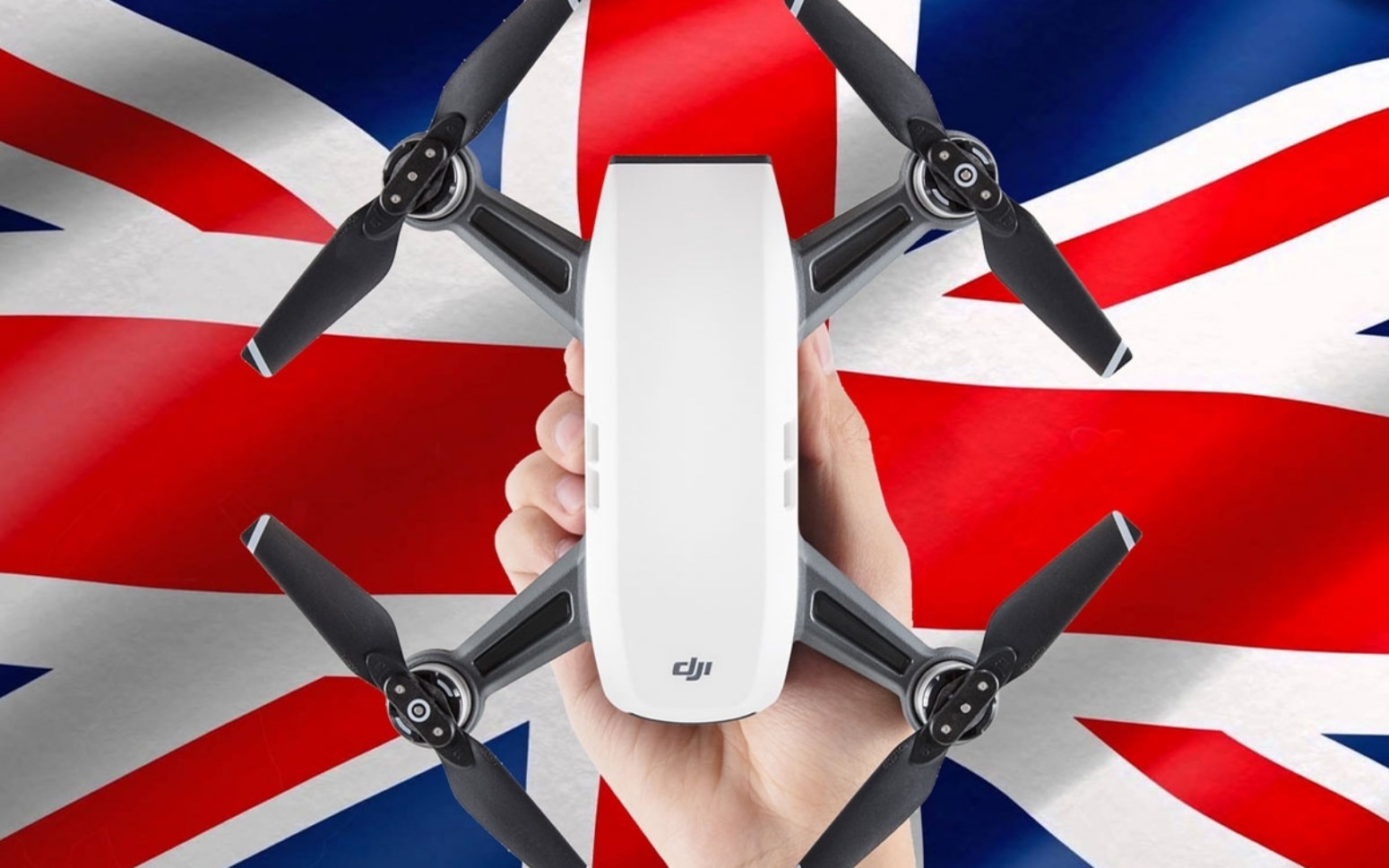
Legal authorities in the UK are moving to review existing laws regulating aviation in the nation to evaluate whether those are compatible with the swiftly emerging kinds of transportation and services – and increasing automation – provided by drones and advanced air mobility (AAM) aircraft. Unfortunately, that response to the rapid expansion and progress of aviation tech is slated to unfold over an incongruously slower two-year period.
The Law Commission of England and Wales says it will undertake the review to measure where and how much current UK aviation regulation needs to be loosened or otherwise amended to enable both piloted and automated services by drones and AAM companies to reach their full economic potential. The study by the independent, parliament-created monitoring agency is being funded by the UK Research & Innovation (UKRI) organization, and the nation’s Civil Aviation Authority regulator.
Read more: UK reveals study forecasts potential $54 billion drone activity by 2030
In its announcement of the review, the Law Commission very clearly identifies the speed with which new aerial technologies are developing and coming to market, and is fairly clear in its expectation that existing UK rules applicable to airplanes and helicopters will be found to risk stifling the increased and diversifying operation of drones and AAM craft in the very near future.
Yet given the tomorrow-on-our-doorstep impetus, the commission will still take a seemingly endless two years to conduct its overview – a period closing about the time the first air taxis are expected to take to the skies. This would be the spot where observers might correctly comment about tech evolving at a far, far faster clip than governments and regulations do.
Read more: UK government approves 165-mile drone superhighway project
Still, the Law Commission has at least tweaked to the high probability that the UK will experience considerable friction between the capabilities drone and AAM operators will soon want to provide businesses and the public, and existing regulations that don’t take into account or leave room for such activity.
“Automation is already heavily used in aviation today, but recent breakthroughs have seen the development of new, innovative autonomous and highly automated systems and vehicles,” the Law Commission’s announcement read. “These include drones, as well as advanced air mobility vehicles, such as electric vertical take-off and landing (eVTOL) aircraft, which can provide short journeys for a small number of people… Increased automation has the potential to deliver substantial benefits to the entire aviation system, UK industry, and the public. To realize these benefits, the UK’s legislative and regulatory framework needs to be sufficiently agile to facilitate innovation, whilst robust enough to maintain the high safety standards that aviation enjoys.”
It also needs to react a lot faster. But at least the review – slated to begin in September – is a start.
FTC: We use income earning auto affiliate links. More.


Comments